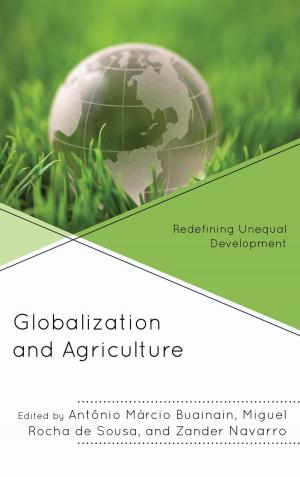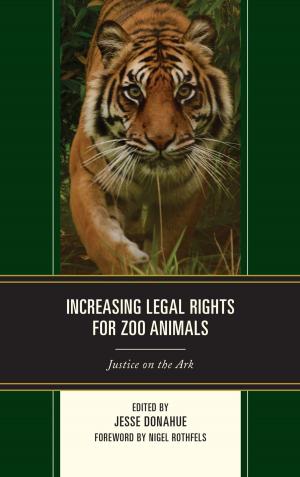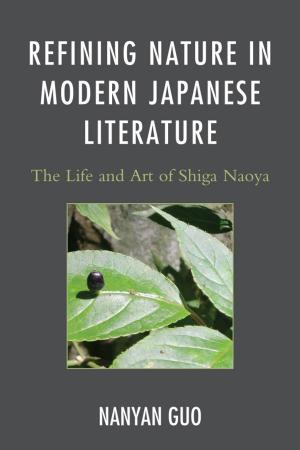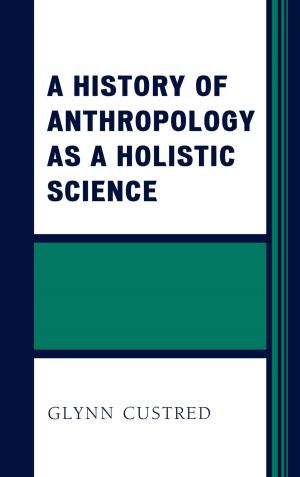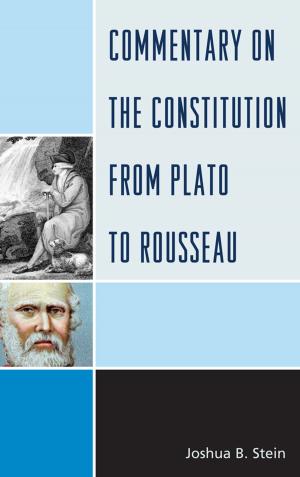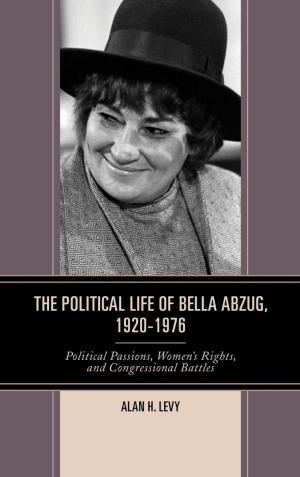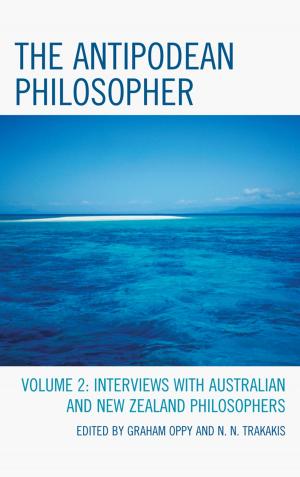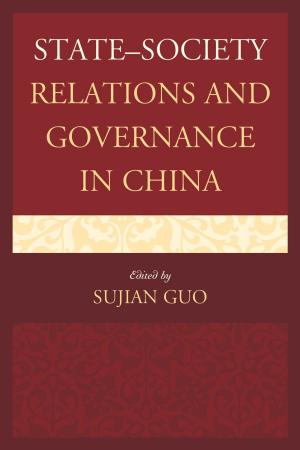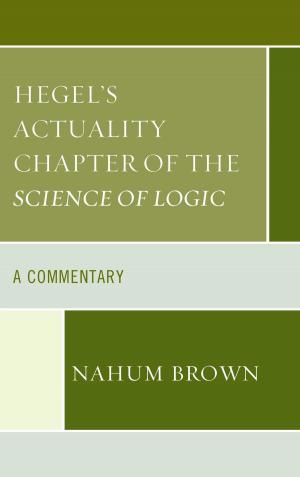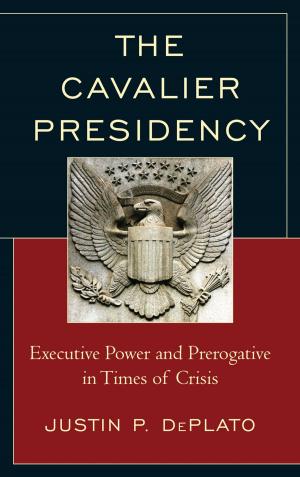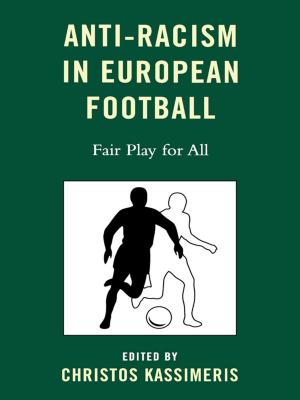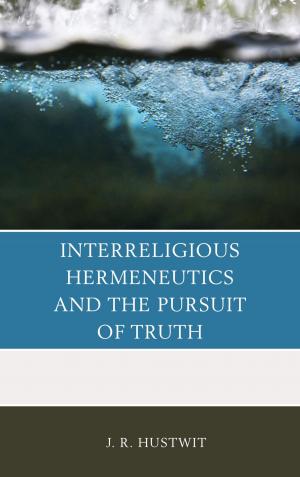The Human–Animal Boundary
Exploring the Line in Philosophy and Fiction
Fiction & Literature, Literary Theory & Criticism| Author: | Joshua A. Bergamin, Kristian Bjørkdahl, Gary Comstock, James P. Conlan, Sara Gavrell Ortiz, Tomaž Grušovnik, John Hartigan, Eduardo Mendieta, Sabine Lenore Müller, Aparajita Nanda, Sukanya B. Senapati, Alison Suen | ISBN: | 9781498557832 |
| Publisher: | Lexington Books | Publication: | November 27, 2018 |
| Imprint: | Lexington Books | Language: | English |
| Author: | Joshua A. Bergamin, Kristian Bjørkdahl, Gary Comstock, James P. Conlan, Sara Gavrell Ortiz, Tomaž Grušovnik, John Hartigan, Eduardo Mendieta, Sabine Lenore Müller, Aparajita Nanda, Sukanya B. Senapati, Alison Suen |
| ISBN: | 9781498557832 |
| Publisher: | Lexington Books |
| Publication: | November 27, 2018 |
| Imprint: | Lexington Books |
| Language: | English |
Throughout the centuries philosophers and poets alike have defended an essential difference—rather than a porous transition—between the human and animal. Attempts to assign essential properties to humans (e.g., language, reason, or morality) often reflected ulterior aims to defend a privileged position for humans..
This book shifts the traditional anthropocentric focus of philosophy and literature by combining the questions “What is human?” and “What is animal?” What makes this collection unique is that it fills a lacuna in critical animal studies and the growing field of ecocriticism. It is the first collection that establishes a productive encounter between philosophical perspectives on the human–animal boundary and those that draw on fictional literature. The objective is to establish a dialogue between those disciplines with the goal of expanding the imaginative scope of human-animal relationships. The contributions thus do not only trace and deconstruct the boundaries dividing humans and nonhuman animals, they also present the reader with alternative perspectives on the porous continuum and surprising reversal of what appears as human and what as nonhuman.
Throughout the centuries philosophers and poets alike have defended an essential difference—rather than a porous transition—between the human and animal. Attempts to assign essential properties to humans (e.g., language, reason, or morality) often reflected ulterior aims to defend a privileged position for humans..
This book shifts the traditional anthropocentric focus of philosophy and literature by combining the questions “What is human?” and “What is animal?” What makes this collection unique is that it fills a lacuna in critical animal studies and the growing field of ecocriticism. It is the first collection that establishes a productive encounter between philosophical perspectives on the human–animal boundary and those that draw on fictional literature. The objective is to establish a dialogue between those disciplines with the goal of expanding the imaginative scope of human-animal relationships. The contributions thus do not only trace and deconstruct the boundaries dividing humans and nonhuman animals, they also present the reader with alternative perspectives on the porous continuum and surprising reversal of what appears as human and what as nonhuman.

